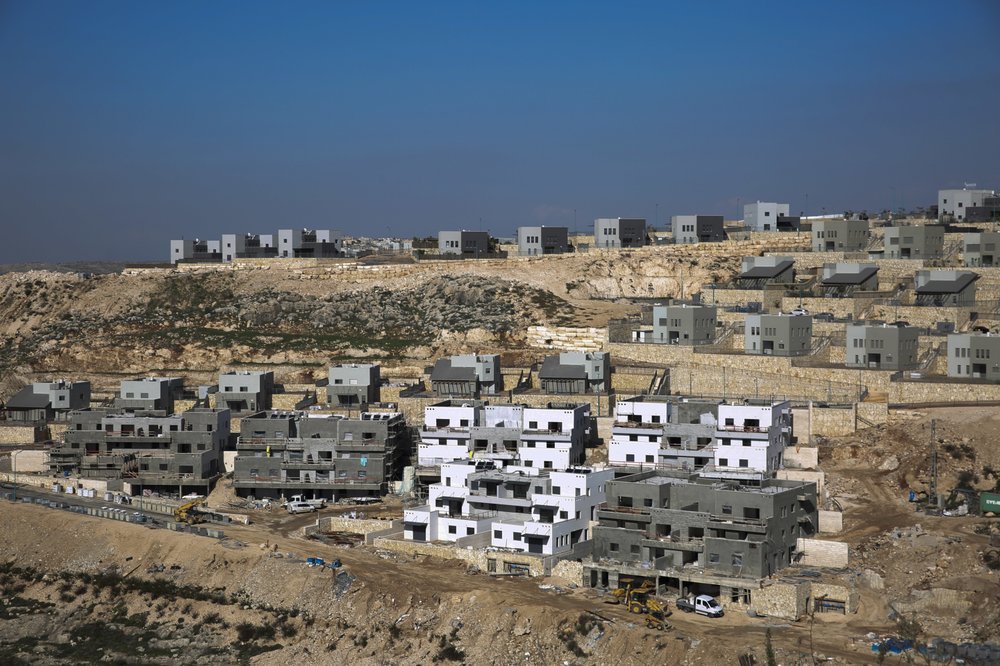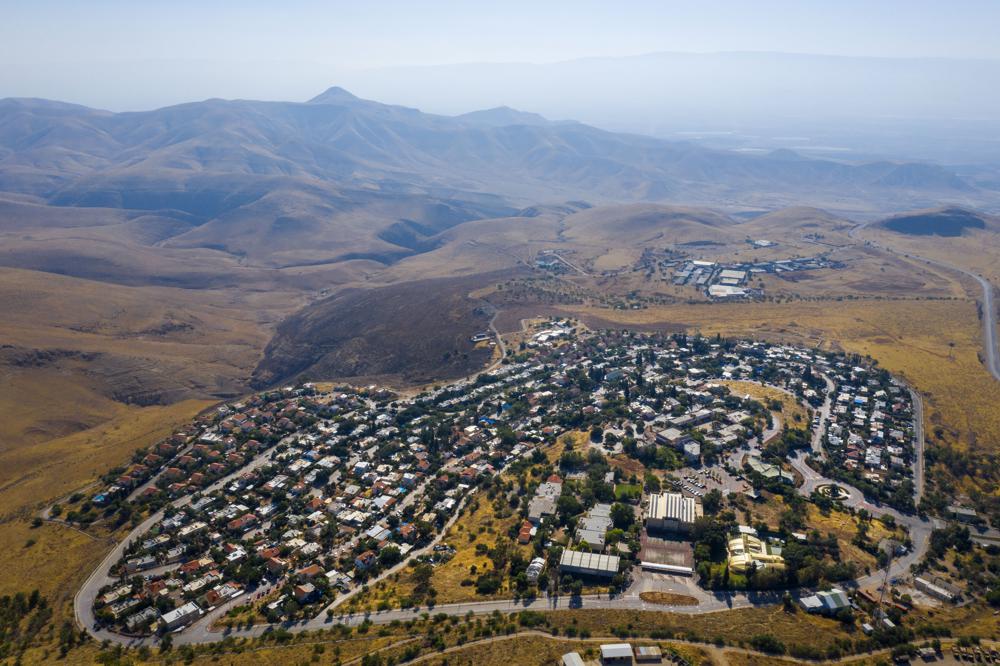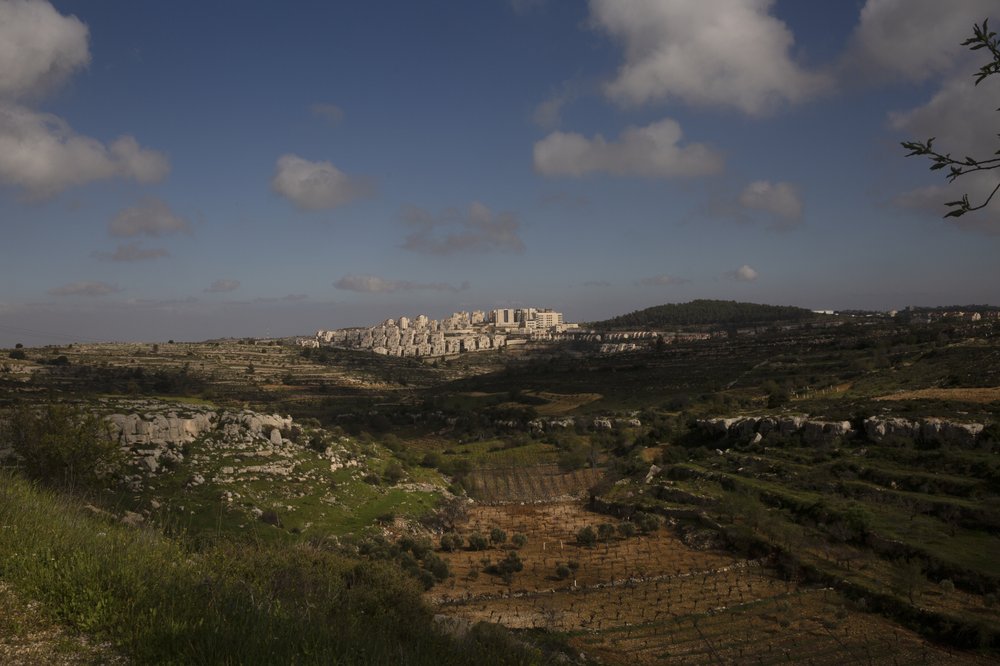Sirte, Libya–Arab ministers agreed Friday to give the United States another month to try to persuade Israel to renew curbs on West Bank settlement construction and keep Mideast peace talks from collapsing.
The one-month grace period was proposed by Palestinian President Mahmoud Abbas, who sought Arab support for the idea.
The Palestinians say they won't return to the negotiating table unless Israel renews its moratorium on new construction in West Bank settlements, which expired last week after 10 months. Israel has refused to reinstate the moratorium, though it is considering compromises.
The dispute has threatened to derail peace talks just a month after they resumed, and US officials have been frantically trying to broker a compromise.
Foreign ministers from the 22-member Arab League placed blame for the crisis squarely on the Israeli government, warning of the dangerous consequences of continuing settlement construction in the Palestinian territories and east Jerusalem — lands the Palestinians claim for a future state.
"We support the Palestinian president's position calling for a complete halt of all settlement activities in order to resume negotiation," the Arab League's deputy Ahmad Bin Helli said as he read a statement issued after the ministerial meeting.
But the ministers issued another statement agreeing to resume meetings in a month to study alternatives and decide on next steps, giving the United States some breathing room.
There was no immediate comment from the Israeli government.
Direct US-backed negotiations between Israel and the Palestinians began on 2 September, following several months of indirect contacts, then stalled over the settlement dispute.
Aides have said Abbas wants to avoid the impression that he is quitting talks, and instead hopes to buy more time for US diplomacy.
"The US effort should continue to safeguard what remains of the peace process," senior Abbas aide Nabil Abu Rdeneh said.
US Secretary of State Hillary Rodham Clinton and special Mideast envoy George Mitchell called Arab leaders throughout the week, urging them to persuade the Palestinians not to walk away from the talks. Rdeneh said Clinton urged Abbas to continue peace talks in a phone call Thursday but the president insisted the settlements freeze must be extended for the talks to succeed.
Friday's statement came despite a proposal by moderate Arab nations led by Egypt and Jordan for Abbas to return to indirect talks.
Some hard-line Arab states, including Syria, opposed any attempt to go back to the talks.
"I cannot see any benefit from this meeting," said Syrian Foreign Minister Walid al-Moallem, who stayed away from the meeting and sent instead Syria's envoy to the Arab League.
Lebanon boycotted the discussions altogether because of a dispute with Libya.




